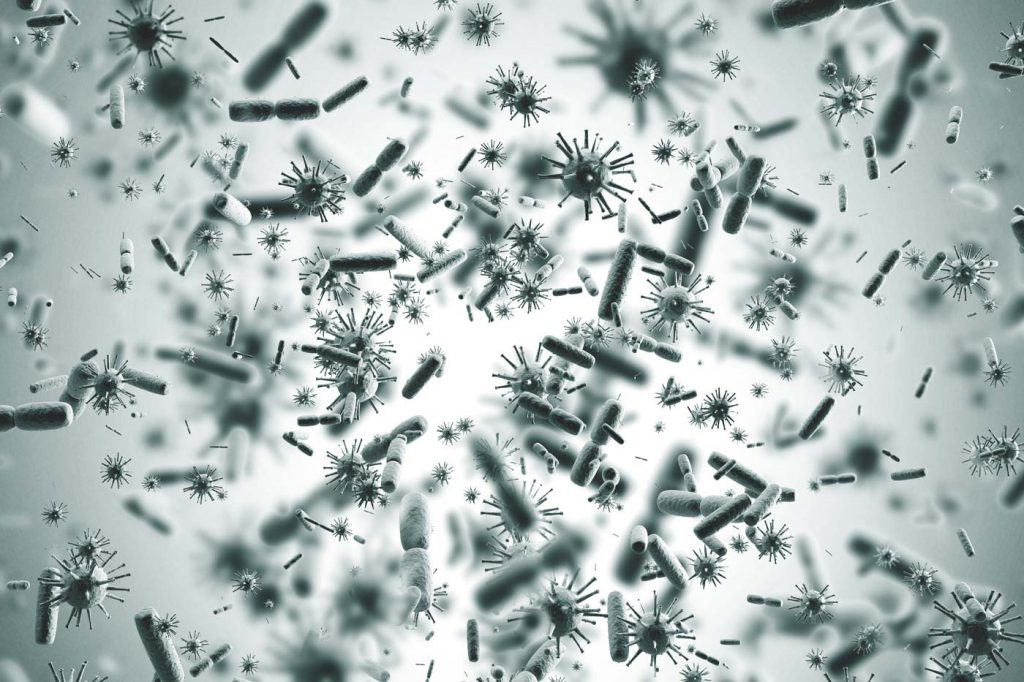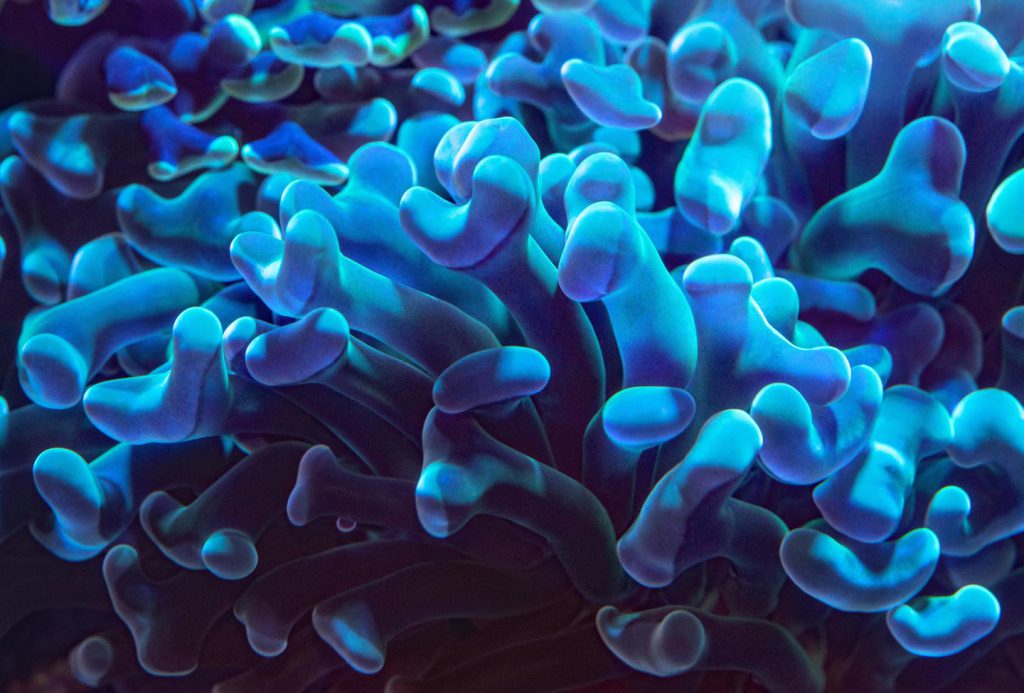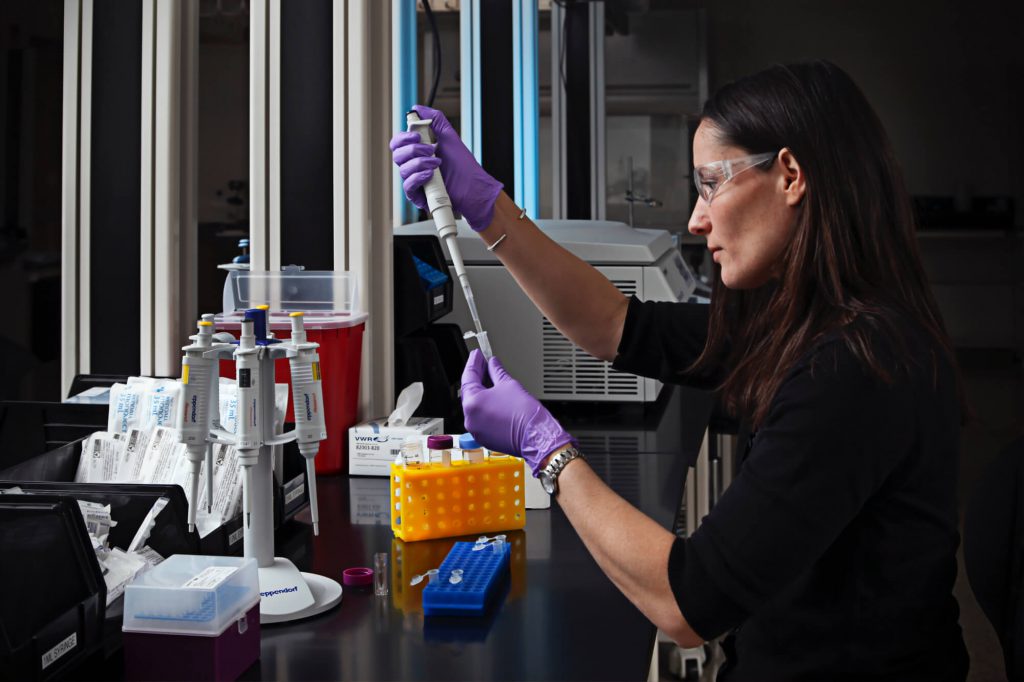The World Health Organization has warned that “antibiotic resistance is one of the biggest threats to global health, food security, and development today” and they have published a list of priority pathogens for which new antibiotics are urgently needed.
The O’Neill Review on Antimicrobial Resistance (AMR), published in 2014, estimated that by 2050, the global cost of antibiotic resistance will rise to US$100 trillion and drug resistant infections will cause 10 million deaths a year, eclipsing the current toll from cancer and diabetes combined.


Our lead compound, NI01, is a potent bactericidal peptide with promising efficacy and toxicity profiles for topical use against bacteria that are on the WHO list of priority pathogens. In an animal model for methicillin resistant Staphylococcus aureus (MRSA) decolonisation, NI01 shows key advantages over the current ‘gold standard’ antibiotic treatment (mupirocin). Minor modifications to the NI01 sequence have generated a family of novel therapeutics with a wide range of potent yet narrow-spectrum antibacterial activity.
This ‘NI01-family’ represents an entirely new class of antibiotic drugs with no known resistance liabilities. Insights gained from this structure activity data are guiding the development of a pipeline of novel biologics, which include previously unknown AMPs from deep-sea microorganisms.
The company’s CEO is Gordon Barker, a serial biotech entrepreneur with a 20-year track record in start-up company growth. R&D is headed by CSO Prof Mat Upton, a leading microbiologist at the University of Plymouth and discoverer of the NI01 compound series.
